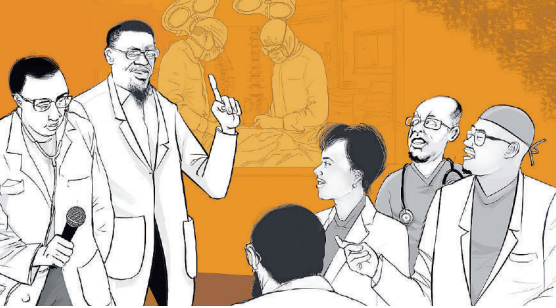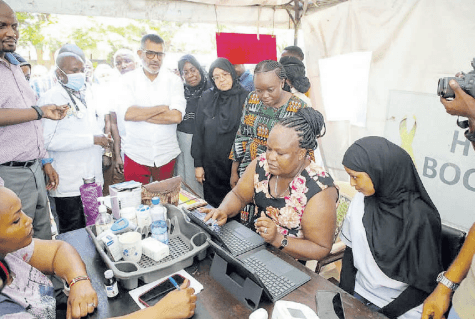
Imagine a healthcare system where potential errors are caught before they occur, where reporting risks does not result in punishment, and where open conversations rebuild trust after mistakes happen.
This is not just an ideal, it’s a new approach reshaping patient safety worldwide.
Healthcare has always been about saving lives, but ensuring safety demands a proactive approach to identifying and addressing system challenges before they result in errors.
Traditionally, error reviews in medicine have often centred on assigning blame, leading to a culture of fear and silence among healthcare providers.
However, modern approaches emphasise constructive error reviews, systemic improvement and open communication, a transformative shift that prioritises collaboration and patient safety.
As part of my learning in the Surgical Leadership Programme at Harvard Medical School, I have come to understand the critical importance of fostering a culture where reporting potential system vulnerabilities or errors does not result in punishment.
Leaders in healthcare must recognise that improvements will only occur when all members of an organisation feel safe to highlight risks and share insights.
This foundation of trust is essential to driving meaningful change.
Why does this matter?
Errors in healthcare are often the result of systemic issues rather than individual negligence.
Consider a scenario in a busy hospital, where a well-intentioned nurse, juggling multiple tasks, skips a step in administering a blood thinner to a postoperative patient.
The omission goes unnoticed until the patient develops a preventable blood clot.
With no regular audits in place to catch such oversights, it’s only when a complication arises that the lapse is addressed.
By implementing routine checks and fostering an environment where staff can flag potential risks without fear, such incidents could be prevented before harm occurs.
In another case, a healthcare facility decided to adopt a risk-based reporting system that encouraged staff to report not only errors but also near misses and minor safety concerns.
The system’s success relied on a cultural shift: staff knew they would not be punished for reporting, and their concerns were taken seriously.
Weekly safety huddles identified patterns—such as recurring medication mix-ups—that led to meaningful changes, like clearer labelling protocols.
Over time, this transparent and collaborative approach reduced errors and built trust across the organisation.
The importance of this proactive approach is also illustrated by a surgeon’s personal journey.
After a complication during their own surgery, they spent over a month in the ICU.
Frustrated by the silence from their healthcare team, they waited weeks for an explanation and apology.
When the surgeon finally acknowledged the issue and expressed genuine empathy, it eased the patient’s anger and helped rebuild trust.
This experience underscores the critical role of timely, transparent communication in fostering healing— not just for patients, but also for providers.
Equally important is how errors are disclosed to patients and families.
Open and empathetic communication, including timely apologies and explanations—not only rebuilds trust but also mitigates legal challenges.
Research consistently shows that patients value transparency and a commitment to improvement over silence or defensiveness.
This approach benefits everyone involved, fostering trust without escalating litigation risks.
Medical leaders play a pivotal role in this evolution.
Structured frameworks like root cause analysis and process mapping enable teams to identify and address inefficiencies constructively.
Equally, creating psychologically safe environments—where concerns can be raised without fear—is key to building resilient systems that learn and adapt.
The future of healthcare relies on proactive measures that prioritise patient safety through collaboration, transparency and systemic improvement.
By embracing these principles, we can create a healthcare system where every member feels empowered to contribute to a culture of excellence, ensuring better outcomes for all.
NICHOLAS OKUMU
Orthopaedic surgeon and a 2024 Global Surgery Advocacy Fellow


















